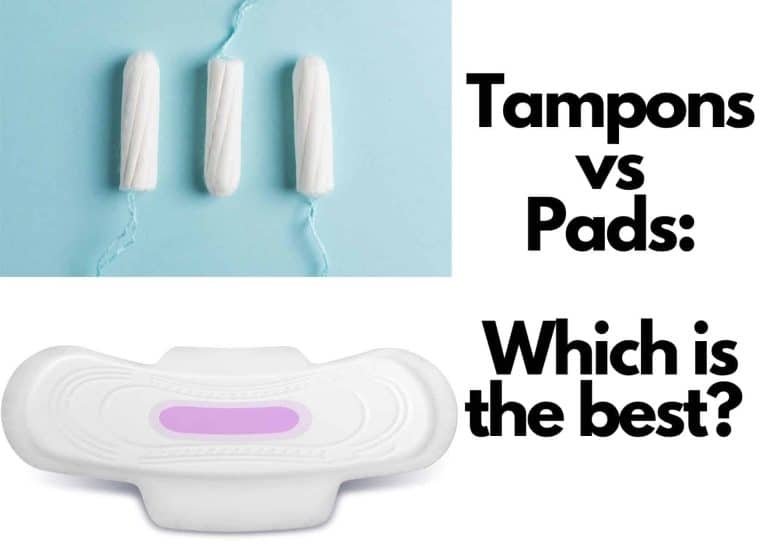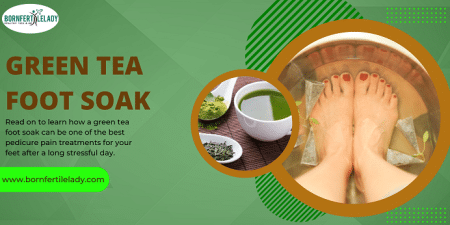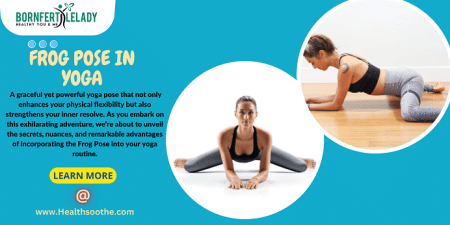Have you been wondering about Tampons and Pads which is better? Tampons and pads are the two most frequent and effective methods for managing period bleeding. It doesn't have to be difficult to decide on one. This article might help you decide which product is best for you.
What is Pad?

Photo credit: Dazed
Underpants pads are rectangle-shaped pieces of absorbent material that you may attach to the inside of your underwear. Small pores in the material allow the blood to be absorbed by the substance. In this way, the blood does not flow or seep out of the wound. Sanitary pads and napkins are other names for pads.
What is Tampon?

Photo credit: A2 systems
Like a pad, a tampon is constructed of an absorbent substance. However, a tampon resembles a tiny tube. You have to put it inside your vagina using your fingers or an applicator that has the tampon inside. If you're just getting started, an applicator, which is a plastic or cardboard tube that aids in guiding the tampon into your vagina, can be more convenient for you.
The end of a tampon is frequently tied to a string. When your tampon is full and you need to change it, you can use this thread to draw it out of your body.
What factors should I consider when choosing a new pad?
It is possible to buy pads in a variety of various sizes. A few sizes may be necessary to find the one that works best for you when you first get started. If your blood flow is light or heavy, you can select a pad accordingly.
It is possible for pads to include "wings." A pad's wings are pieces of additional material on the sides of the pad that may be folded over the bottoms of your underpants to prevent blood from leaking out.
It's common for a pad's packaging to list the pad's size and whether it's appropriate for light or high blood flow.
What factors should I consider before picking a tampon?
Tampons come in a variety of sizes to accommodate both light and heavy blood flow. You may have to try a few different tampon sizes before you find the one that works best for you.
Pads: Advantages and Disadvantages
Advantages
- Heavy menstrual cycles necessitate more frequent menstrual hygiene product changes for women and girls. Tampons are more difficult to change often than pads.
- When it comes to menstruation, some women choose pads since they don't want to put anything in their bodies. It's easier to keep track of when it needs to be replaced when it's clearly visible. You may locate absorbent pads that are really thin so that you don't feel like you're always squished between your legs.
- Pads are more convenient than tampons because they are easier to use. They're also fantastic for sleeping in. You don't have to get out of bed in the middle of the night to replace it. Like tampons, a glance at your pad will tell you when it's time to change it.
- Using menstruation pads reduces your chance of acquiring toxic shock syndrome (TTS). Women who use menstruation pads rather than tampons have a decreased chance of acquiring TSS.
- Toxic shock syndrome can also occur with pads, but the risk is considerably lower than with tampons. Even so, it's important to remember to replace the pads on your shoes on a regular basis.
Disadvantages
- Swimming makes it more difficult to wear pads. Tampons may be a better alternative for you if you're a lady who appreciates this sort of thing. However light your pad is, it may still be noticeable if you're wearing really tight or little clothing.
Tampons: Advantages and Disadvantages
Advantages
- Tampons have another benefit over pads in that they are completely undetectable. Pads are noticeable if you wear clothes that are too tight. Tampons, on the other hand, are invisible and scarcely detectable when put correctly.
- The tampon's size is a major benefit over other menstruation items, like pads. It is easy to carry about a tampon because it is compact and lightweight. As a precautionary measure, you can keep them in your pocket or handbag at all times, just in case.
- There are very few period hygiene products that are safe to use while swimming. One advantage tampons offer over pads is that you can go swimming, and actively engage in sports and rigorous activities without really worrying about a pad moving around.
- Tampons are an excellent choice for ladies who exercise often, whether it's swimming or another sport. They're also more discrete when worn as a coverup. Additionally, tampons are more convenient to carry and don't cause as much discomfort as pads.
Cons
- Using tampons increases your chance of developing toxic shock syndrome. Toxic shock syndrome caused by the use of tampons is extremely rare.
Tampon safety guidelines include the following:
- Before and after using a tampon, make sure you thoroughly wash your hands to prevent the spread of bacteria.
- Even if you've used tampons before, always read and follow the guidelines on the packaging.
- Use a tampon with the lowest possible level of absorption. You may need to use a lighter flow tampon if you haven't had to replace your tampon in six hours.
- If you're using a tampon and are suffering any symptoms of toxic shock syndrome, you should seek emergency medical attention.
What's the best option for me?
When it comes to menstruation care products, there is no one-size-fits-all answer. Consider the advantages and disadvantages of both pads and tampons before making your final decision.
Tampons vs Pads: Which Should You Use?
There is no one-size-fits-all answer as to which product you should use. A woman's decision to select one brand over another when it comes to menstruation products is a personal one, according to Gaither.
They all have their advantages and disadvantages, which might make them ideal for some people and a pain for others. When it comes to menstruation, tampons are a better choice than pads for swimmers. While pads pose no danger of toxic shock syndrome, it is recommended that they not be used overnight.





